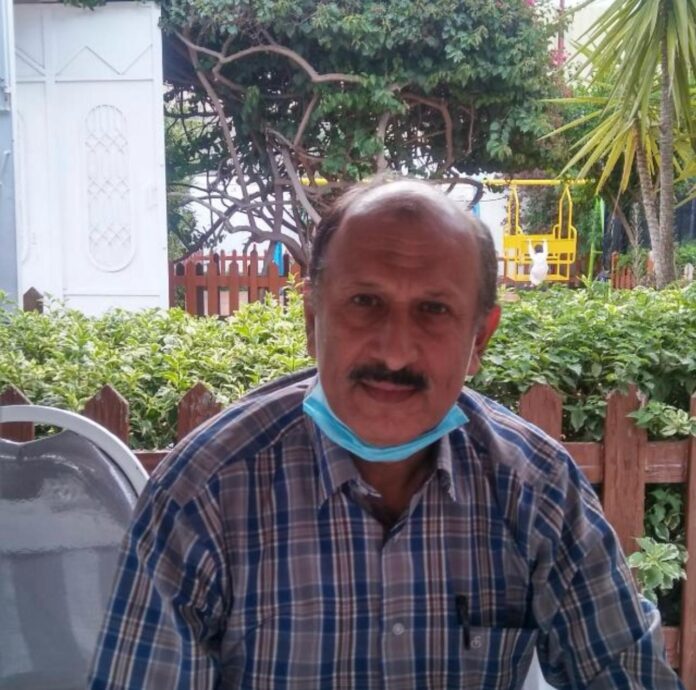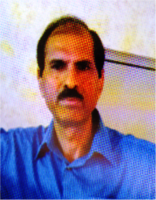Dr Mansoor Shabbooti of Yemen. He was a prisoner in the way of Allah in Yemen, and had been imprisoned due to his Ahmadi beliefs. It was during his time in prison that he passed away. In this manner, since he was imprisoned because of his faith, he is considered a martyr. As such, he is the first Ahmadi martyr in Yemen. He is survived by his elderly mother, his wife, and two sons. Since most Ahmadi men in Yemen have been imprisoned, his funeral prayers were offered in Yemen by non-Ahmadis. His father was the first Ahmadi in Yemen. His son details how law enforcement stomped into their home, put a gun to his head and said that he received money from abroad. Mansoor Shabbooti refuted this, saying that whatever he had was the result of his own hard work, nothing from abroad. His Holiness(aba) commented that this is a common allegation that so-called clerics try to level against Ahmadis, saying that we take money from Western powers and have some sort of agenda against Islam. Whereas the reality is that every Ahmadi makes financial sacrifices for spreading the message of Islam to the world and serving mankind. Mansoor Shabbooti’s wife said that he was later shown the room where he had been imprisoned, and the guards told her that he would often be heard weeping in prayer. They also confirmed to her that he had been imprisoned because of information that the Ahmadiyya Community sent him money from abroad which he then gave to the Malaysian forces. These are the types of false accusations they concoct. They said that upon investigation they learned that these allegations were not true and were just about to release him.
His brother writes that he was very kind. He was very well educated, regular in offering prayers, reciting the Qur’an and giving alms. He would treat the poor and needy for free and would forfeit his own fees. He had a passion for propagating the message of Islam and would even preach to his college professors who would listen to what he had to say.
He completed his PhD in Jordan, where he would travel an hour every Friday to attend the Friday prayers. He would maintain good relations with all of his relatives, including those who were not Ahmadi. He was beloved by Ahmadis and non-Ahmadis alike. The doctors’ union in Yemen also made a statement of condolences and expressed the great weight of his loss. He spent his life serving humanity, and God had placed healing in his hand. Ahmadiyyat has spread in Yemen a great deal because of him. His Holiness(aba) prayed that may Allah treat the deceased with forgiveness and mercy, elevate his station, and grant patience and fortitude to his family. His Holiness(aba) also prayed for the swift release of those Ahmadis still imprisoned in Yemen.




